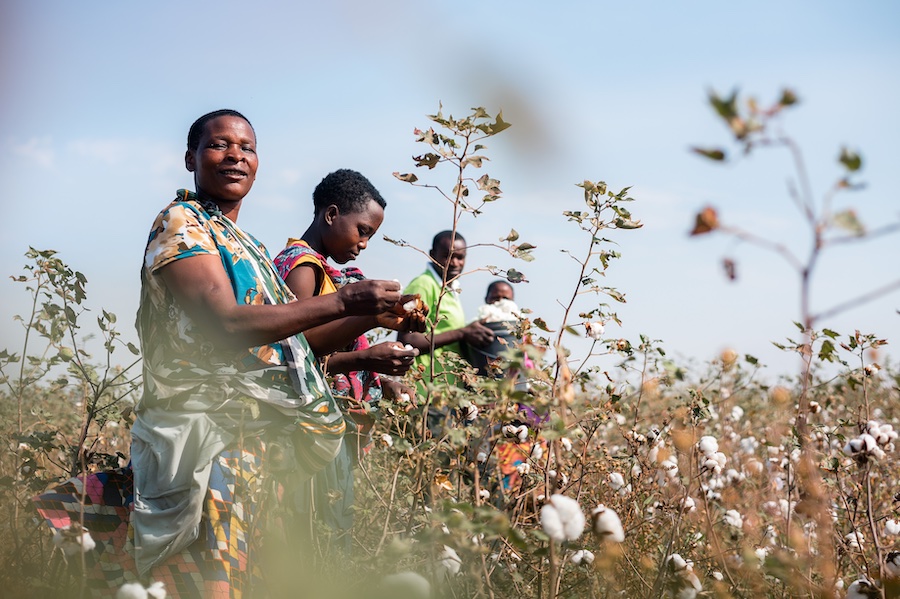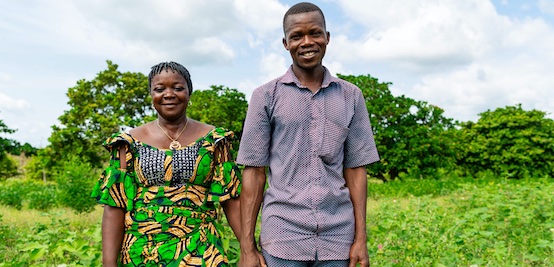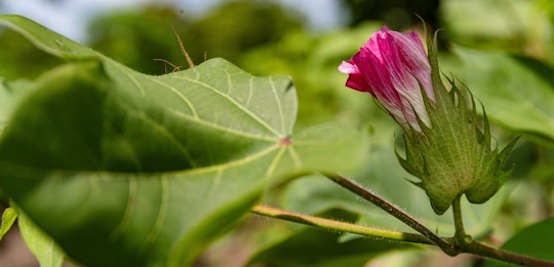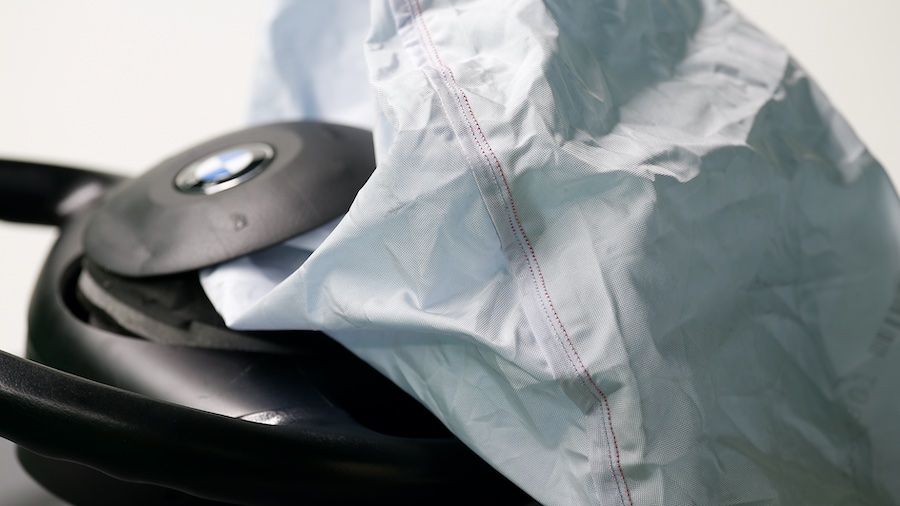#Natural Fibers
Cotton made in Africa launches public consultation for standard revision
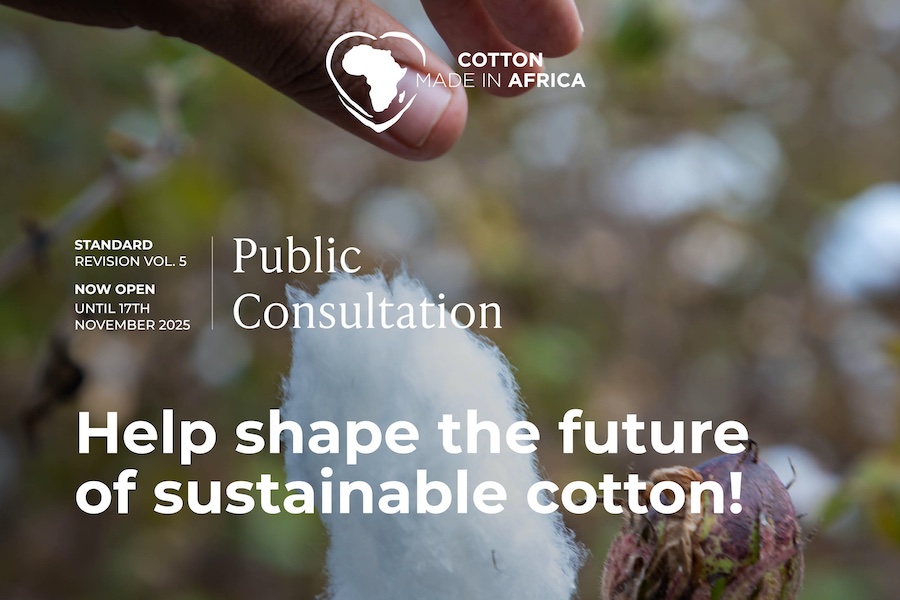
Public consultation launched on revision of the Cotton made in Africa standard
The public consultation on the draft of CmiA Standard Vol. 5.0 will run from 19 September to 17 November 2025. This revision revolves around three elements in particular. The first is precision, with indicators being reduced in number and reformulated to be more concise and easier to understand. Secondly, the standard’s objectives are being reprioritised, for instance, through new or reformulated indicators that strengthen biodiversity, climate change resilience, or cooperation between cotton companies and farmers. The third point of focus is to ensure that indicators for human rights and risk management meet the increasingly strict requirements regarding due diligence and corporate sustainability reporting.
“Having received valuable feedback on CmiA Standard Version 4.0 from partners and stakeholders in recent months, we look forward to hearing the public response to our draft of Version 5.0,” says Alexandra Perschau, the head of the Standards & Outreach Department of AbTF, adding, “If this topic interests you, this is an excellent opportunity to actively participate in shaping our approach to supporting small-scale farmers producing cotton in Africa, to protecting biodiversity, and to giving companies access to the sustainable resources they need to fulfil their due diligence obligations.”
How the revision process works
The revision of the standard started in the spring of this year, with a two-day workshop in which partners and stakeholders in Côte d’Ivoire provided important input. Also taken into account were verification results from the last few years as well as additional findings from monitoring and evaluation processes and from innovations in sustainable cotton cultivation. After receiving feedback from the public consultation and from the technical advisory group, the approval of the AbTF Board of Trustees will be sought; if granted, Version 5.0 will enter into force in 2026.
How to participate
Public interest groups are invited to provide online feedback on the draft of CmiA Standard Vol. 5.0 between 19 September and 17 November 2025. A copy of the draft can be downloaded here. General feedback can be sent to standards@abt-foundation.org. To provide detailed feedback on specific standard requirements, an Excel version of CmiA Standard Vol. 5 is available through the online platform indicated above.
https://cottonmadeinafrica.org/en/standard-revision/



